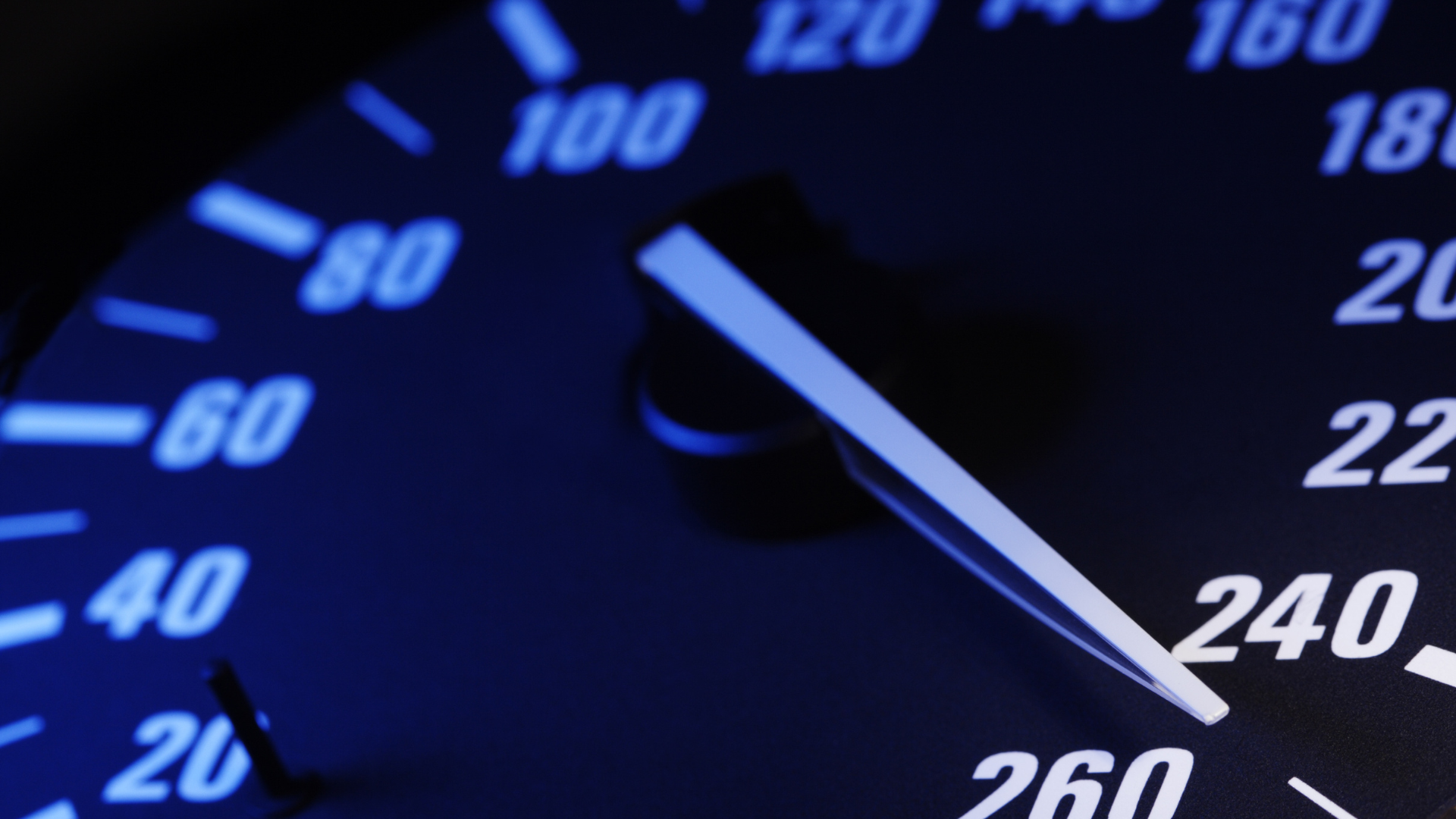[ BLOG - POST ]
Page Load Speed & Website Optimization: Fast Sites Win

Imagine your website as a high-performance sports car: sleek, powerful, and fast. A fast-loading website gives visitors a great experience. If your pages pop up quickly, people stick around to explore. But if your site drags its feet, many potential customers will click away in frustration. Studies show nearly half of all people expect a page to load in 2 seconds or less, and about 40% will abandon a site that takes more than 3 seconds. In other words, the clock is ticking the second someone lands on your page. If it’s slow, you lose visitors — possibly even loyal customers — before you have a chance to say hello.
Speed isn’t just about keeping people happy, it also affects Google. In fact, page load time is a known factor in search rankings. Google itself wants to send users to sites that won’t keep them waiting. Experts agree that “faster websites create a better user experience” and that Google will rank those faster sites above slower ones. So, a quick site helps you climb higher in search results while keeping visitors engaged. When a site takes too long (more than 3 seconds), chances are “the majority of your audience can’t be bothered to wait around”. No one likes a slow car on the road — and in the same way, people won’t wait on a slow website.
To win the race for customers, focus on these speed boosters:
- - Compress images: Large photos are often the biggest drag on load time. Shrink and optimize images so they still look good but load lightning-fast. Small, compressed images can cut load times dramatically.
- - Choose good hosting: Think of this as the engine power. A reliable hosting service (server quality and location) can deliver your pages to visitors much faster.
- - Minimize extra code: Remove unnecessary scripts or plugins. The less junk on your site, the quicker it runs. (Even simple tweaks like limiting add-on features can make a big difference.)
- - Use browser caching: This lets repeat visitors load pages instantly because some of the data is stored in their browser. It feels like magic – but it’s just good optimization.
By following these steps, you turn your website into that sports car that zips down the highway, not a stalled bus on the shoulder. Remember, a fast website keeps visitors happy, encourages them to stick around, and signals to Google that your site is high-quality. In the end, fast sites simply win more business.